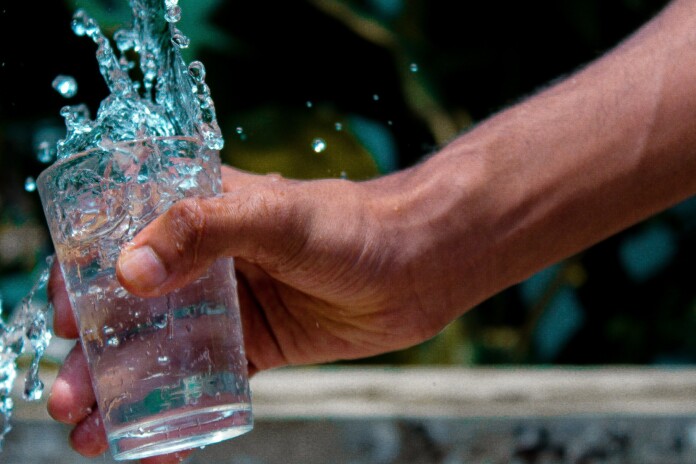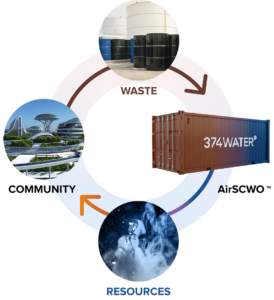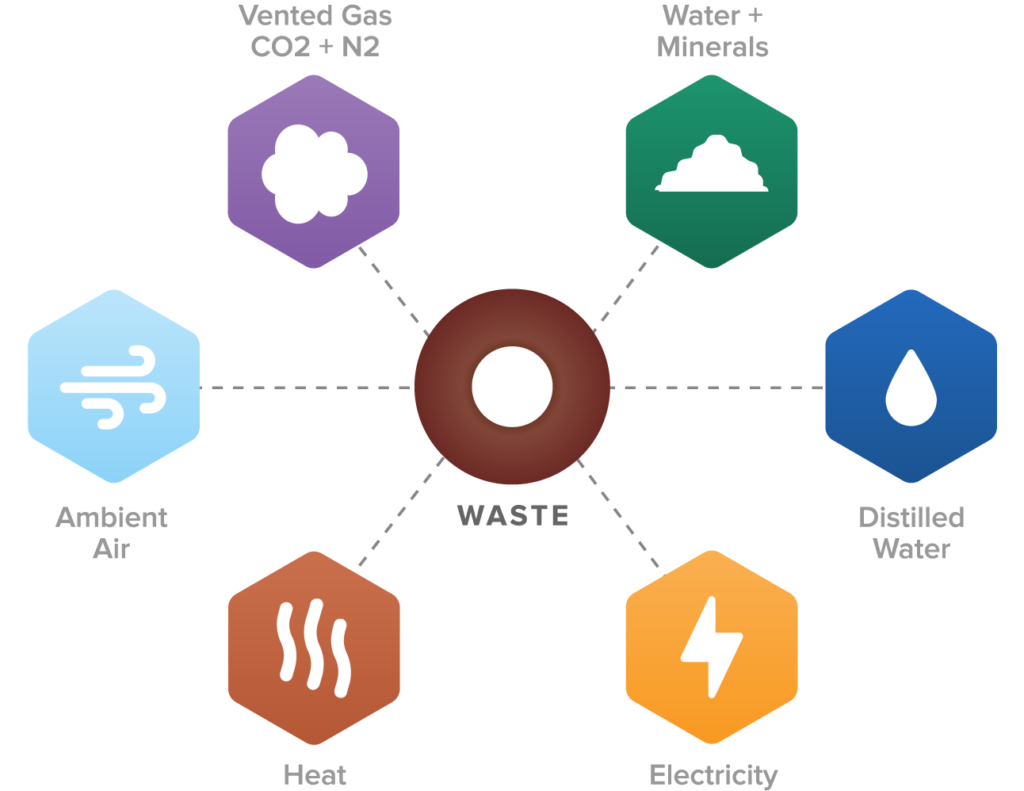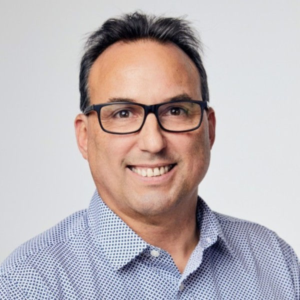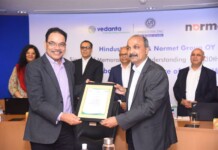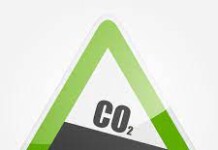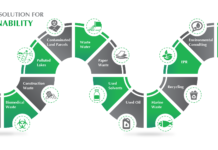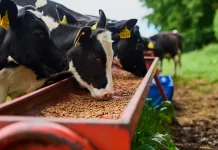Cleantech has enormous potential to shift the waste management paradigm from treatment and disposal to resource recovery and pollutant elimination
Sanitation and drinking water crisis are rampant in many parts of the developing world, including India. Several cleantech innovators are trying to increase awareness and are offering new sustainable waste management solutions.
Cleantech promises to provide benefits beyond basic sanitation and access to clean water. They also offer energy efficiency, water reuse, sustainable infrastructure, and community resilience. Cleantech has enormous potential to shift the waste management paradigm from treatment and disposal to resource recovery and pollutant elimination.
Current methods of handling waste follow older paradigm of either disposal or end-of-pipe treatment. Globally, urbanization and population growth have led to significant increases in resource consumption, and consequently the release of large amounts of waste into the environment. Waste contains toxic, carcinogenic, and non-biodegradable pollutants such as PFAS, drugs, and microplastics. It has led to increased leaching of contaminants into groundwater and surface water, the very source of drinking water.
Disposal in land dumps emit a large amount of methane, a very potent greenhouse gas. Regulators are responding by prohibiting traditional land application and disposal. Incineration as the alternative is costly and produces secondary pollution. The world requires new solutions.
Paradigm Shift in Waste Management
374Water is a US-based cleantech, social impact company working to shift the global waste management paradigm. The company’s mission is to preserve a clean and healthy environment that sustains life. It is pioneering a new era of sustainable waste management that supports a circular economy and enables organizations to achieve their sustainability goals.
The company offers an innovative physical-thermal technology that harnesses the power of supercritical water oxidation to transform the simplest and most complex organic wastes such as wastewater residuals and biosolids, industrial waste, food waste, and agricultural waste. When water exceeds 374 ℃ and 221 atmospheres (704O F and 3210 psi), it reaches its supercritical state. In these conditions, in the presence of excess oxygen, all organic contaminants are mineralized to clean water, inert gases, energy and minerals, which can be recovered and reused.
Recovered energy and water can be reused at the local installation. Captured minerals are rich in phosphorus (P2O5) which could be marketed and sold to agricultural fertilizer producers and distributors for processing into final form, package and sell it to local farmers and growers.
374Water’s AirSCWO™ technology has successfully processed primary, secondary, and digested waste residuals and biosolids, landfill leachate, animal waste, waste oil, food wastes, FOG, drugs, and plastics. The company is conducting research on the ability to process spent granular activated carbon and ion exchange resins from water treatment systems.
The technology achieves greater than 99.9 percent conversion of organic waste. Total nitrogen and phosphorous removal are greater than 80 and 95 percent, respectively. Drugs, PFAS and other trace organic contaminants are destroyed with greater than 99.9 percent elimination efficiency. Microorganisms and pathogens are eliminated. AirSCWO™ is a truly disruptive technology that is moving society from conventional linear waste treatment and disposal to a circular economy of resource recovery and pollutant elimination.
374Water AirSCWO™ system
A one metric ton per day capacity AirSCWO™ system has been operating with actual waste at the Duke University campus in Durham, NC, U.S., since 2015. Various waste streams and conditions have been demonstrated during Duke research projects and 374Water treatability evaluations. The tests have enabled 374Water to proceed with commercial design and production of a six metric ton per day AirSCWO™ system.
374Water offers a six wet tons per day (tpd) system today. The company will offer a 30 tpd system next year. A 200 tpd system will be available in 2025. Each wet ton corresponds to the wastewater residuals from 1,000 people, so the respective sizes can serve populations of 6,000, 30,000, and 200,000 people. Prices vary by system size, and 374Water offers purchase, lease, and “as a service” options to enable clients and partners to acquire units in a manner that suits their financial needs.
The first commercial six tpd unit will be shipped in October 2022 to Orange County Sanitation District of California (OC San), a leading wastewater authority located in Fountain Valley, CA. OC San provides wastewater collection, treatment, and recycling for approximately 2.6 million people in central and northwest Orange County, CA. A six-ton-per-day AirSCWO™ system will be deployed at one of OC San’s wastewater treatment plants to evaluate the potential for AirSCWO™ to solve several longer-term challenges facing OC San.
These challenges include solids processing costs, air emissions requirements for methane and power generation equipment, and emerging contaminants such as PFAS compounds and microplastics, food waste utilization, and efficient use of OC San’s treatment plant properties.
Cleantech companies’ vision should be to create a world without waste and clean up the environment to preserve clean water. Collaboration with NGOs, municipalities, responsible investors, and humanitarian efforts could accelerate demonstration projects and drive adoption of cleantech to help communities address their pressing water and sanitation issues.
Marc A. Deshusses, Head of Technology at 374Water and Professor of Civil and Environmental Engineering at Duke University, Durham, NC, USA. Marc is a pioneer researcher and entrepreneur. His work on biological filters for air pollution control has resulted in their widespread use for odor and air toxics control. His current work on novel sanitation and waste treatment technologies is breaking new ground in low-cost decentralized sanitation.
Doug Hatler, Chief Revenue Office. Doug is an environmental scientist and engineer who has spent over 35 years applying technology to solve the most pressing global environmental problems that impact human health and the beneficial use of water.
www.374water.com


